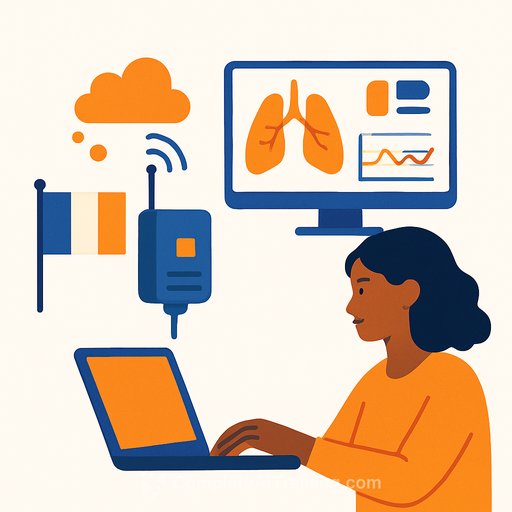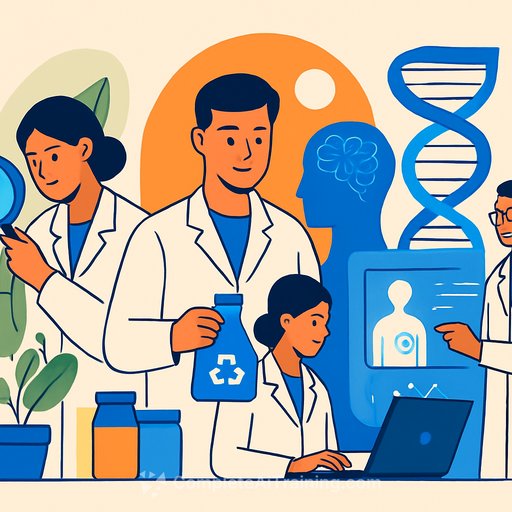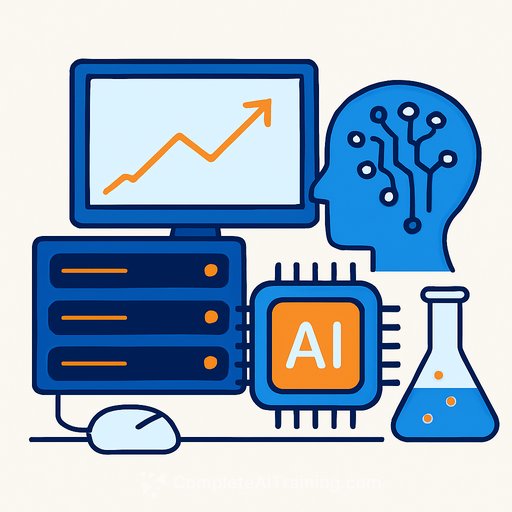Wits Scientists Win Prestigious French Prize for AI-Powered Air Quality Monitoring
26 August 2025 – Wits University
Scientists at the University of the Witwatersrand’s Institute for Collider Particle Physics (ICPP) have been honoured with the 2025 ODESS Prize in France. Their award-winning project features an AI-driven environmental monitoring system that adapts particle physics technology to track air quality in real time.
The international competition received a record 350 entries. The Wits team, led by ICPP Director Professor Bruce Mellado, developed a system that combines environmental sensors, IoT communications, and artificial intelligence to detect air pollution and its health impacts instantly. This approach draws inspiration from technology used at CERN for subatomic particle detection, offering an affordable and effective solution for community-level air quality monitoring.
Professor Mellado highlighted the broader application of particle physics expertise, stating, “The same principles that allow us to detect fundamental particles can help address challenges in society.” The team's work has already resulted in air quality networks deployed across Gauteng, providing critical data to policymakers and residents to respond swiftly to pollution spikes—a pressing issue amid rising respiratory illnesses.
AI_r Platform: Real-Time Environmental and Health Data Integration
The core of the award-winning system is the AI_r platform. It integrates affordable, high-precision sensors with cloud analytics to not only measure air quality but also correlate environmental data with health outcomes. This capability supports more informed public health decisions, especially valuable in resource-constrained settings.
Professor Mary Kawonga from the Wits School of Public Health, who leads the project’s public health efforts, explained, “The system’s ability to combine environmental and health data in real time provides actionable information for decision-making.”
Collaborative Support and Community Empowerment
The project has received backing from various organisations, including the Department of Science, Innovation and Technology, the National Research Foundation, iThemba LABS, the Canadian International Development Research Centre (IDRC), the UK Foreign, Commonwealth & Development Office, and CERN’s IdeaSquare.
Chaitali Sinha, Senior Programme Specialist at the Canadian IDRC, emphasised the importance of local leadership: “This achievement shows how South African innovation can apply AI rooted in local realities to deliver tangible impact.”
Professor Jude Kong, Executive Director of AI4PEP and a collaborator on the project, noted the system’s potential for community empowerment. “AI_r technology enables local populations to understand and respond to environmental and health data independently, fostering resilience and supporting sustainable health and environmental improvements.”
The ODESS Prize will be formally awarded on 9 October at the 9th ODESS International Conference in Lavaur, France.
Your membership also unlocks:





